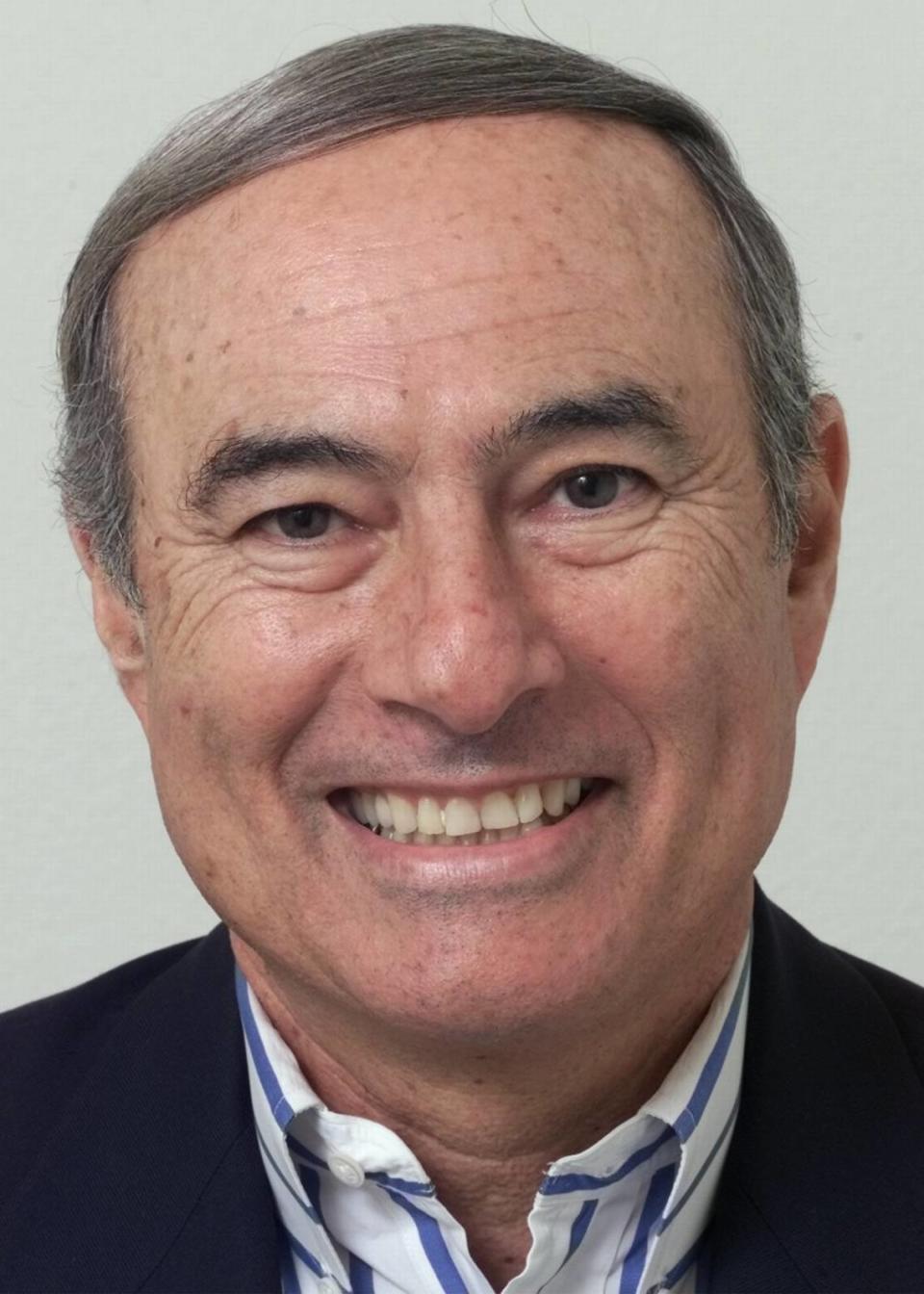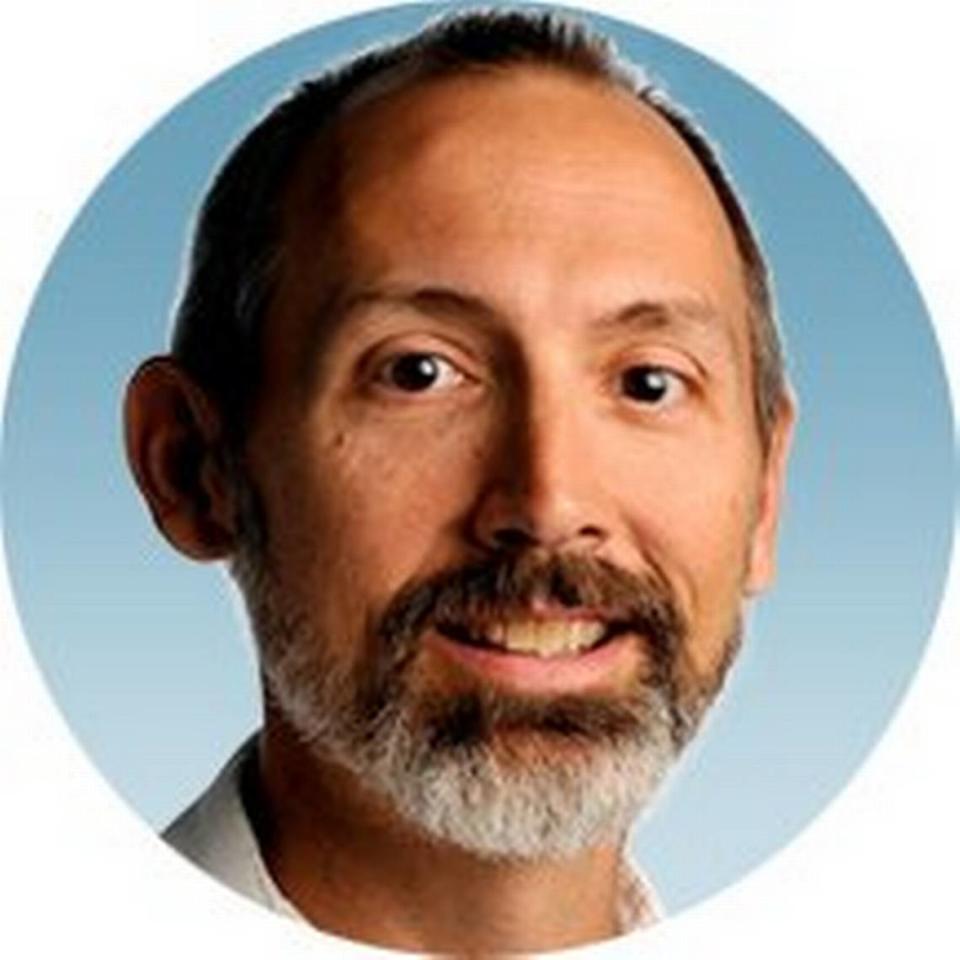The secret to becoming a better person is to hang out with good people | Opinion
- Oops!Something went wrong.Please try again later.
I have had the good fortune to meet a number of good people. As director of Fresno State’s Ethics Center, I help organize an annual ethical leadership award, in collaboration with Fresno State’s Lyles Center and the Better Business Bureau.
This year we are recognizing Pete Weber, a man who has dedicated much of his life to service. Among his contributions is his work founding the California Bridge Academies, an organization dedicated to lifting families out of poverty.

This is significant work. But what I am interested in here is the personality of people like Pete Weber. What makes good people tick? There are lots of good people in the world. What makes them good? And how can we learn to be like them?
These questions are ancient. Socrates puzzled over them. He suggested that goodness depends on knowledge. But if we don’t already know what’s good, then how do we know which teachers to listen to, or which models to follow? Maybe we are born with a kind of innate knowledge of the good. Socrates says that critical thinking can help reveal this. But he also hinted that we might need divine intervention to point us in the right direction.
Christians would likely agree. A Christian account of moral education tends to hold that we need God to give us the moral law. And because we are sinners, we also need grace, the support of a good religious community, and forgiveness when we fail. This idea can be traced back to Augustine, who suggested that human souls are fundamentally disordered and in need of the grace of the Christian “inner teacher” who guides us toward the light.
All of this is complicated by the fact that people, cultures and religions disagree. Those who think we need help from the gods to be good may still wonder which gods we should turn to.
A different approach is more concrete and intuitive. We might begin by consulting our own experience of the good people we know. If you think about your role models and mentors, you will likely discover some common truths about good people. They are stable and sincere, patient and kind, generous and caring, courageous and truthful.
We can look at moral exemplars and generalize from their model. Good people exhibit virtues like loyalty, honesty, and compassion. We can list the character of good people, and then follow their example.
But there is also something mysterious in the presence of goodness. Good people have a kind of aura or charisma. Their goodness can be felt, even if it is difficult to describe.
This sense of the other person’s goodness is intuitive. We respond to their goodness spontaneously. Their presence resonates with us, and leaves us feeling inspired and energized. It’s hard to explain. But we can feel the presence of moral excellence.
Philosopher Ruth Grant puts it this way, “It is exceptionally difficult to define goodness or the good life, but it may nonetheless be possible to recognize it when we see it.” This may sound mysterious and even incoherent. But it also seems right.
And yet, our intuitions are limited and sometimes confused. Some people admire cult leaders or are seduced by wicked deceivers. This is why we need to go beyond intuition and think critically about goodness. In our complicated world there are diverse experiences and manifestations of the good. And charismatic liars can pull the wool over our eyes.
Critical thinking provides a remedy. Careful reflection shows that there is a common thread of goodness in the world. This involves the kinds of virtues discussed above: kindness, truthfulness, and the like. Good people serve others and build them up. They are modest about their achievements. And they are honest with themselves and others.
To discover these truths about goodness, it helps to meet good people. We can study their stories, and learn from them. No one is born knowing how to be good. We need mentors, models, and teachers.
Of course, we also need to think critically. No human being is perfect. We all have flaws. And we can improve. We do this by seeking out good folks, learning from them, and then looking carefully in the mirror.
Celebration of Ethics
Fresno State’s annual Celebration of Ethics event will be broadcast on KSEE-TV at 7 p.m. on Sept. 6. More information: https://www.celebrationofethics.com/
Andrew Fiala is a professor of philosophy and director of The Ethics Center at Fresno State. Contact him: fiala.andrew@gmail.com.


